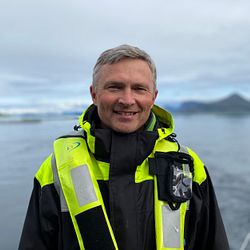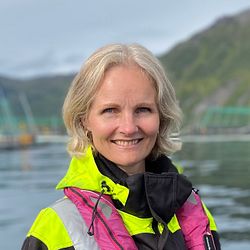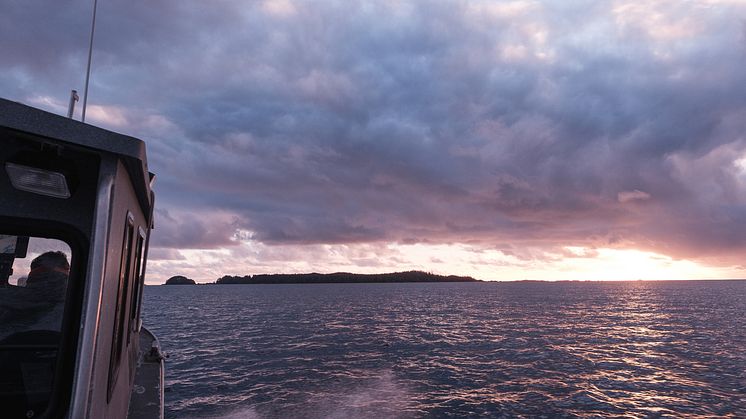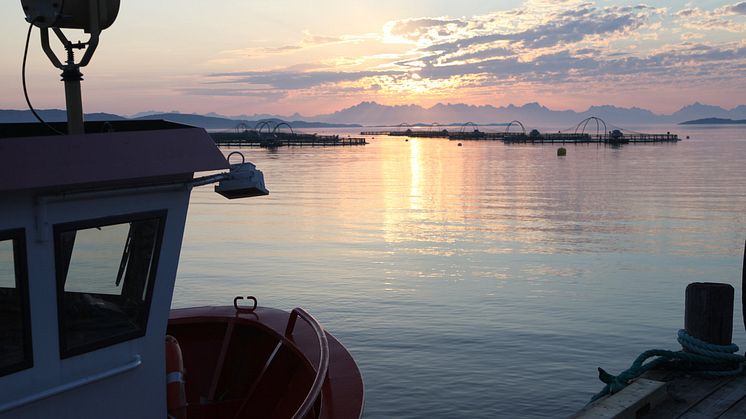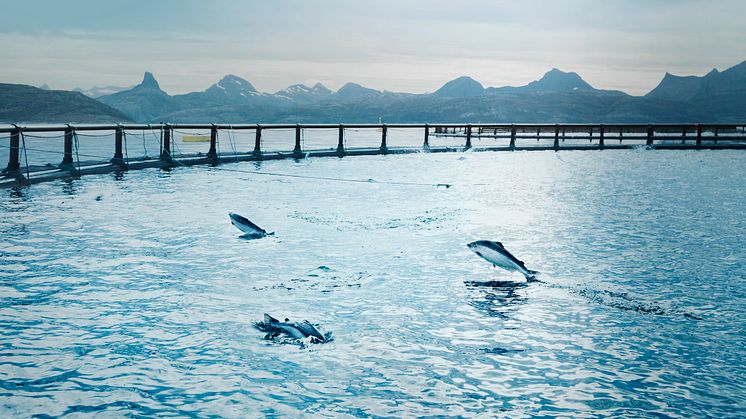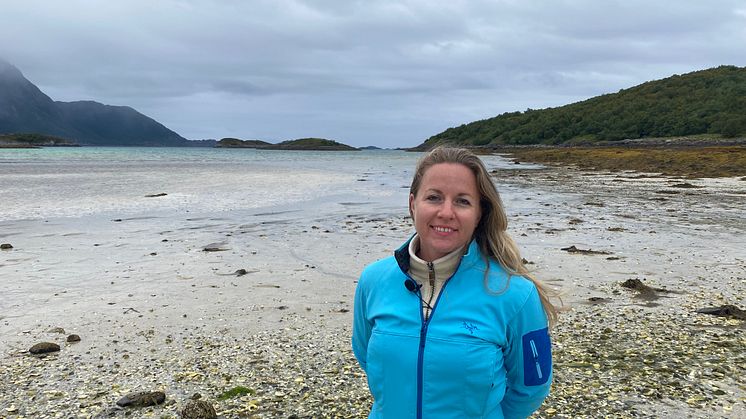
Press release -
Global Compact report strengthens the role of seafood for successful ocean stewardship
When UN Global Compact is taking stock on the 5 tipping points for ocean stewardship, Cermaq highlight that the sustainable seafood is needed for human and planetary health.
Global Compacts Ocean Action Platform has identified 5 tipping point for ocean stewardship: sustainable seafood, decarbonizing shipping, harnessing ocean electricity, mapping the ocean, and ending waste entering the ocean. Today, Global Compact gathered private sector, academia, Governments and NGOS in an Ocean Stewardship Coalition to take stock on these tipping points.
For the seafood sector the tipping point is defined as fully traceable sustainable seafood.
“The key role of seafood is well recognised, and we are advancing in transparency and sustainable seafood production. What we need going forward is strong commitment from both companies and governments to reduce climate impacts and to facilitate for sustainable growth in seafood production” says Wenche Grønbrekk, Head of Sustainable Development in Cermaq, who facilitated the workshop together with Robert Blasiak from Stockholm Resilience Centre.
Global Compact is addressing this by developing a guide for seafood companies in setting science-based targets (SBTi). The launch of this is guide is planned for January 2022.
“Cermaq has committed to reducing our GHG emission by 35% by 2030 with 2019 as base year. We also have growth ambitions, so the reduction target which is in absolute figures is even greater. Aquaculture is a part of the solution to producing more low carbon food and reach the Paris agreement,” continues Grønbrekk.
Cermaq invests much in working with international organisations as UN Global Compact and FAO, and in global partnerships as Global Salmon Initiative and SeaBOS to drive food transition in seafood to meet the SGDs and climate goals.
“As a leading company we have a responsibility to engage in the big picture, not only improving and developing our own company. We are strongly motivated by the changes we are a part of and the power of working together across sectors, geographies, and private/governmental/NGO/academia,” says Grønbrekk.
Background information
UN Global Compact
The Sustainable Ocean Business Action Platform of the United Nations Global Compact convenes leading actors from business, academia, the UN system, and Governments to determine how ocean industries can advance progress towards the Sustainable Development Goals (SDGs). Cermaq is a founding member and is actively contributing to the many deliveries from the platform.
Topics
Categories
Cermaq is one of the world's leading companies in farming of salmon and trout, with operations in Norway, Chile and Canada. Cermaq is a fully owned subsidiary of Mitsubishi Corporation with head office in Oslo, Norway.

